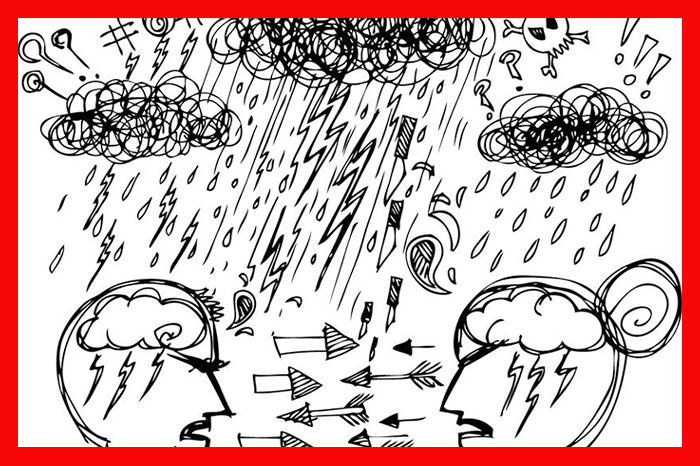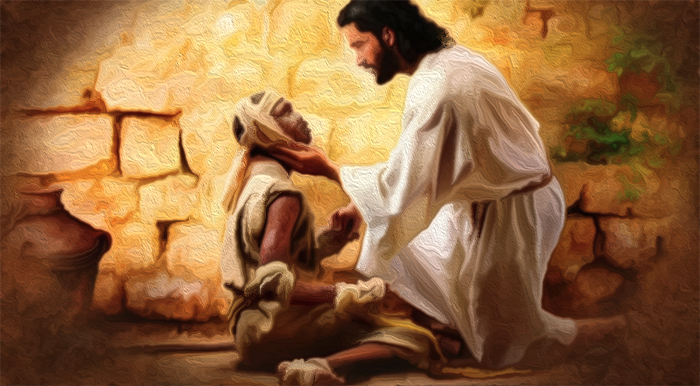
How about for Lent this year we do our very best to stop hating each other. Hatred and contempt are everywhere. Is this new or are we just more aware of it? Why is this happening and intensifying? Why do we justify this hatred on moral grounds, even biblical grounds, claiming that the Gospel itself gives us grounds for our disrespect – My truth is so right and you are so wrong that I can disrespect you and I have biblical grounds to hate you! Well, even a cursory look at scripture should be enough to enable us to see this for what it is; rationalization, self-interest, and the farthest thing from Jesus. He asks us to do something else: “You have heard that it was said, ‘Love your neighbor’ and hate your enemy.’ But I tell you, love your enemies and pray for those who persecute you, that you may be children of your Father in heaven. … If you love those who love you, what reward will you get? Are not even the tax collectors doing that? And if you greet only your own people, what are you doing more than others? Do not even pagans do that? Be perfect, therefore, as your heavenly Father is perfect.” This is the very essence of Christian morality. Can you love someone who hates you? Can you do good to someone who wishes you evil? Can you forgive someone who has wronged you? Can you forgive a murderer? Can you move beyond your natural proclivity for vengeance? Sadly, today we are failing that test on both sides of the ideological and religious spectrum. People are openly espousing disrespect, division, hatred, and vengeance – and trying to claim the moral high ground in doing this. Worse still, churches and church leaders of every kind are lining up behind them and giving them “Gospel” support for their espousal of hatred and vengeance. This needs to be named and challenged: anyone who is advocating division, disrespect, hatred, or revenge is antithetical to Jesus and the Gospels. As well, anyone supporting such a person by an appeal to Jesus, the Gospels, or authentic morality, is also antithetical to Jesus and the Gospels. God is love. Jesus is love enfleshed. Disrespect, hatred, division, and revenge may never be preached in God’s or Jesus’ name, no matter the cause, no matter the anger, no matter the wrong. This doesn’t mean that we cannot have disagreements, spirited discussions, and bitter debates. But disrespect, hatred, division, and revenge may not be advocated in the name of goodness and Jesus. Division, disrespect, hatred, and vengeance are the Anti-Christ. (Adapted from Fr. Ron Rolheiser’s article: Breaking Faith With Each Other).









